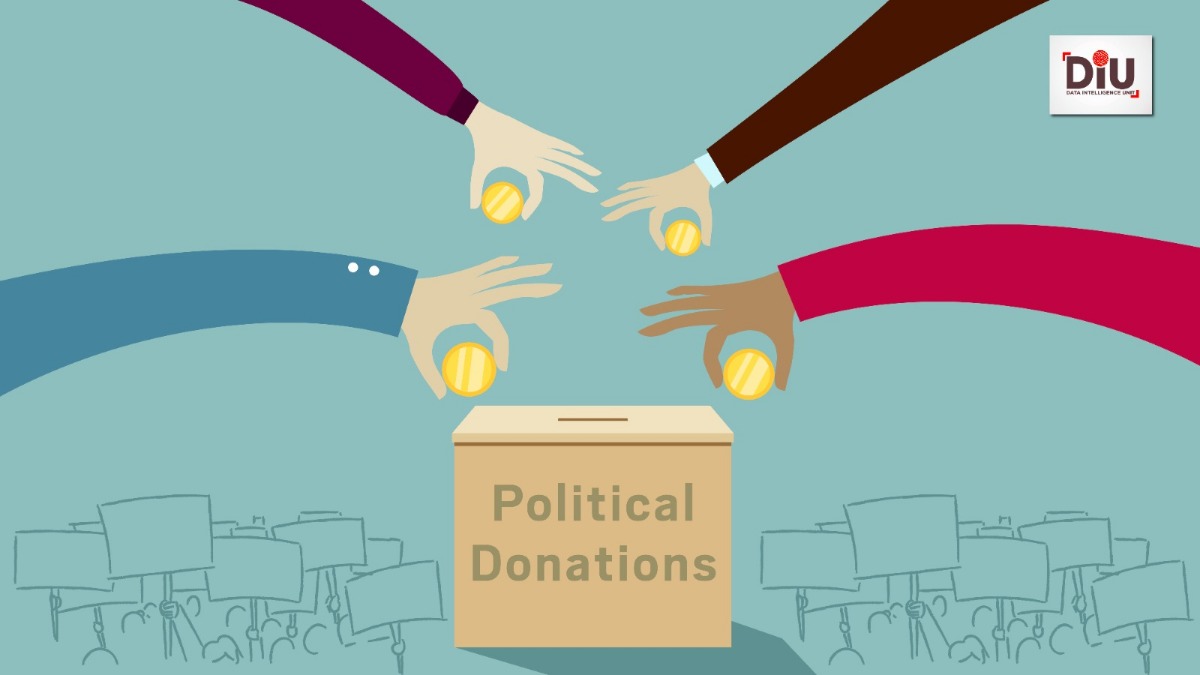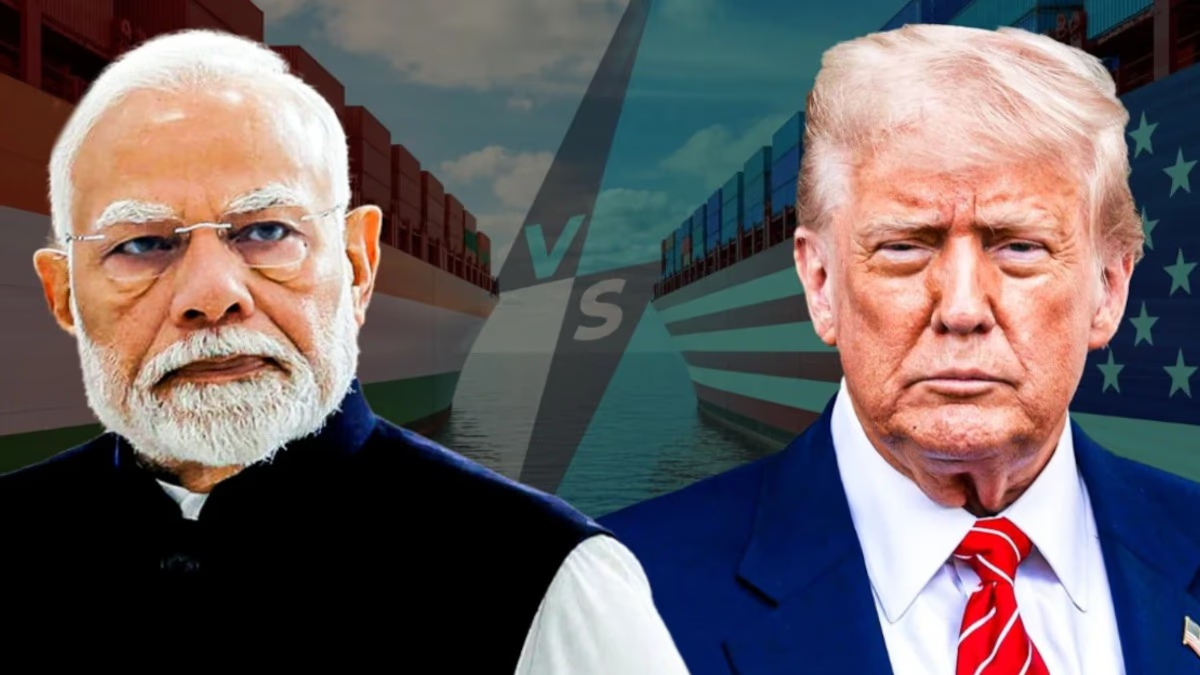A recent jolt by the Supreme Court directed the State Bank of India to collate comprehensive details concerning electoral bonds. The apex court demands full disclosure within a tight three-day deadline.
Under the scrutiny of justices D.Y. Chandrachud, B.R. Gavai, J.B. Pardiwala, Sanjeev Khanna, and Manoj Mishra, SBI is to present a thorough affidavit affirming transparency. The deadline looms at 5 pm, March 21st.
Compelled to unveil up to the alphanumeric sequences, SBI's provision of this data will pave the way for public release via the Election Commission's platform.
Past directives saw SBI shedding light on bonds purchased and sums involved, though contributions to specific political entities remained under wraps.
Deemed unconstitutional by the Supreme Court, the Electoral Bonds Scheme's eradication shines a spotlight on international protocols of election fundings, showcasing a globe-spanning array of contrasting methodologies.
Neighboring Nations' Election Finance Mechanisms
Revenue Tactics in Pakistan
Amidst stringent regulations, Pakistani political bodies navigate funding via audited reports postured within 60 days following a fiscal year.
Selling electoral tickets emerges as their predominant earning avenue. PML-N and PTI's recent antics in election ticket sales illuminated the potential for significant gains.
Bangladesh's Fiscal Mechanics in Party Earnings
Nomination and membership form sales stand at the forefront of Bangladeshi political party revenue strategies.
As Bangladesh navigated its general elections, the reigning Awami League showcased the art of accruing staggering earnings, touting proof in freshly minted taka.
Fiscal Dynamics in the U.S. and U.K.
- The American Way
Unbridled in funding tactics, U.S. parties harness financial support through varied means. Federal Election Commission reports articulate a narrative of a multi-billion dollar campaign trail.
- The British Approach
The U.K., with its own set of fiscal stimulants, sees political entities indulging in a wealth of funding avenues, adorned by the substantial generosity of 2023's donations, proclaiming potential record-breaking election expenses.
Diverse Global Donation Regulations
- The USA:
Strict boundaries on corporate and foreign contributions.
- Canada:
Corporate backing with distinct restrictions on foreign funds.
- The UK:
A hospitable environment for corporate endowments, sans foreign intervention.
- Israel:
An iron-fist policy against both corporate and overseas donors.
- Japan:
A selective process allowing corporate, but not foreign donations.
- France:
A rejection of corporate and foreign funds, upholding financial transparency.
- India:
Corporate friendliness paired with meticulous reporting mandates.
The Spiraling Election Price Tag
India's electoral extravagance escalates perpetually, spotlighting the unregulated financial liberty of political entities while candidates navigate pre-set bounds.
Escalation patterns point to an exponential growth in campaign expenditures, unveiling a spectrum of illicit economic flows, evidenced by sporadic monetary sequesters during the electoral fever.




